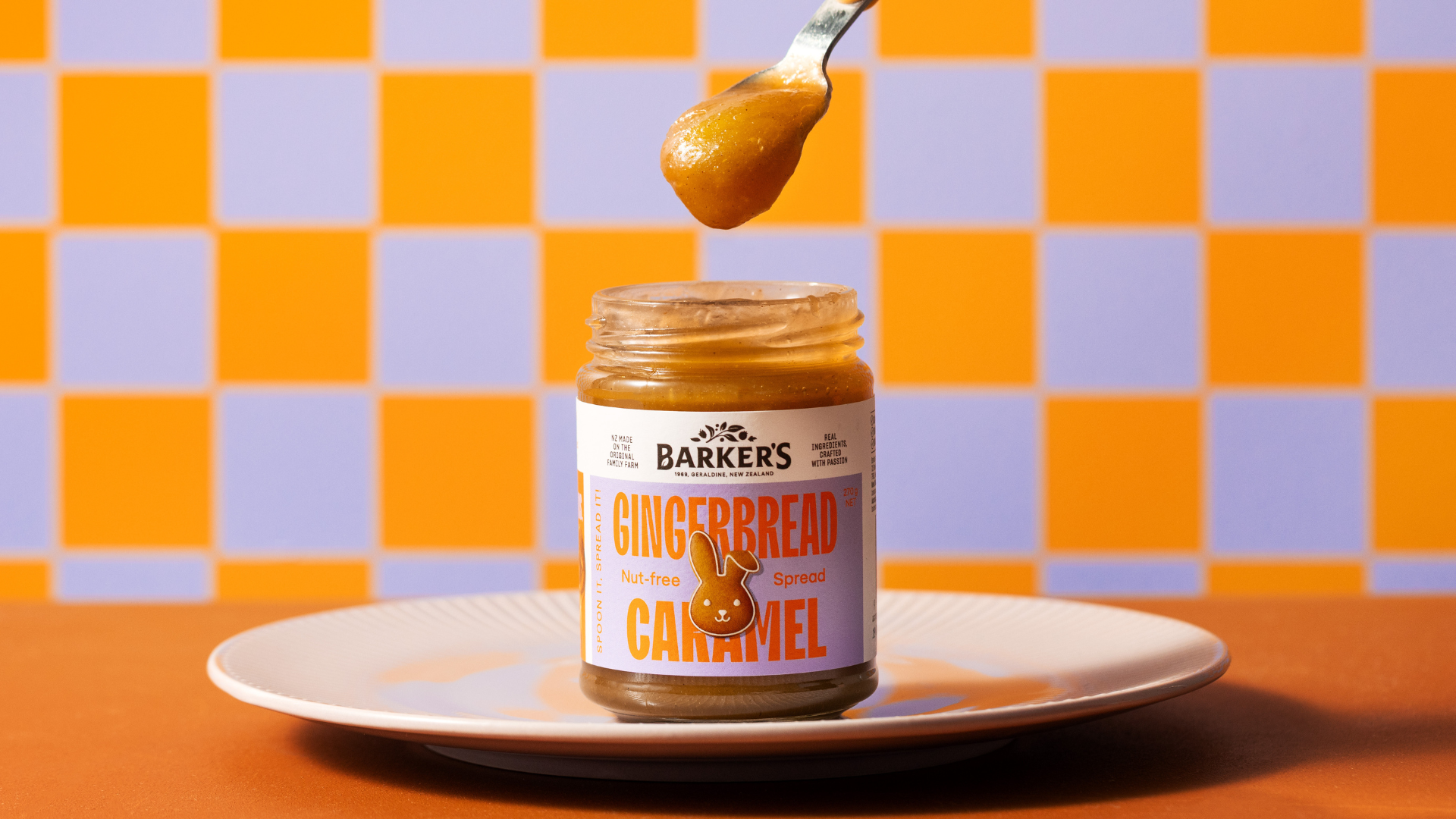Chilli Allergies
2021-09-26

If you, or someone close to you suffers from a food allergy, you’ll know how important it is to check food labels.
This isn’t as easy as you might expect, especially in the case of chilli. Avoiding chilli in processed foods can be difficult given that many products simply list ‘spices’ on the ingredients list.
At Barker’s we use chilli in many of our products, as a natural flavour enhancer. We’ve heard from some of our customers who are sensitive or allergic to chilli, asking for clarification regarding the ‘spices’ listing on our labels. As a result, we have changed our labels so that they now specify chilli whenever it’s used.
Here is a generic list of our popular products found in your local supermarket that contain chilli. It is important to note that cayenne pepper is a form of chilli (often referred to as ‘spice’) as with curry powder, which also contains chilli. For the purposes of providing a comprehensive list, you’ll find those products containing either chilli, cayenne and curry powder noted below.
If the product being asked is not listed and you have concerns, please let us know.
Antipasto
- Roasted Tomato & Green Olive – chilli
Chutneys & Jellies
- Beetroot Relish – chilli
- Capsicum & Apricot Chutney – chilli
- Green Tomato Chutney – cayenne
- Habanero Tomato Relish – chilli
- Peach & Mango Chutney – chilli
- Ploughman’s Chutney – cayenne
- Red Pepper & Chilli Jelly – chilli
- Spiced Eggplant Chutney – chilli
- Sundried Tomato & Olive Chutney – chilli
- New Yorker Mustard Relish – chilli
Savoury Sauces
- Brewer’s Barbecue Beer Sauce – chilli
- Central Otago Rich Red Plum Sauce – cayenne
- Chunky Salsa Tomato & Capsicum – chilli
- Food Lover’s Habanero – chilli
- Harissa – chilli
- Nine Spice Barbecue Jerk – chilli
- Not to Sweet Chilli Sauce – chilli
- Really Useful Chipotle Sauce – chilli
Meal Sauces
- Easy Sweet’n Sticky – chilli
- Family Coconut Curry – chilli
- NZ Tomato with Blackbean – chilli
Dressings
- Apricot & Mustard – curry powder
- Coconut & NZ Lime – chilli
- Miso & Ginger – chilli
Why does chilli cause reactions in some people?
This is because of the natural chemical capsaicinoids present in chillies. Capsaicin gives chilli peppers their heat and is present in almost every pepper. They’re found primarily in a pepper’s ribs and seeds, making them hotter than the rest of the pepper. You can reduce the amount of heat by removing a pepper’s ribs and seeds.
Capsaicin has no flavour or odour, but act directly on the pain receptors in the mouth and throat. This is produced by peppers as a defence mechanism against certain mammals and fungi. It’s an irritant for most mammals, including humans, as it produces a sensation of burning on any tissue that it encounters.
While chilli is considered nutritious and beneficial for our health, it can cause adverse reactions when treated as an allergen by our body.
For people who have an allergy to chilli, their immune system fails to recognize the capsaicinoids and treats this chemical as a threat to the body. Our immune system creates antibodies, a specific protein that is then used to combat the capsaicin and the symptoms that cause pain and discomfort.
How are chilli reactions treated?
A relatively mild reaction, such as a burning mouth, can be relieved by drinking milk. The chilli chemical doesn’t dissolve in water, but it does dissolve in fats like milk, yoghurt or ice-cream. It’s the casein in dairy products that combats the effects of chilli. A severe reaction to chilli is not common. However, if it happens you should seek immediate medical advice.
Related Posts

We have many inquiries from customers wanting to know the secret to removing lab...
Read more >
At Barker’s, we love to bring you big flavour! This February, we’re spicing thin...
Read more >
Easter just got sweeter! We’re excited to announce our collaboration with New Wo...
Read more >
Calling all dessert lovers! From drizzling over sundaes and pancakes to show-st...
Read more >




